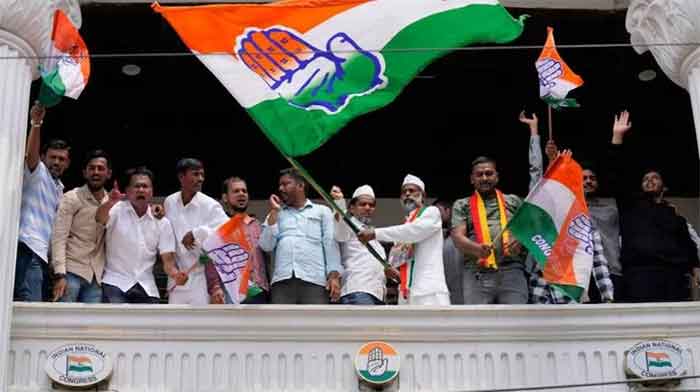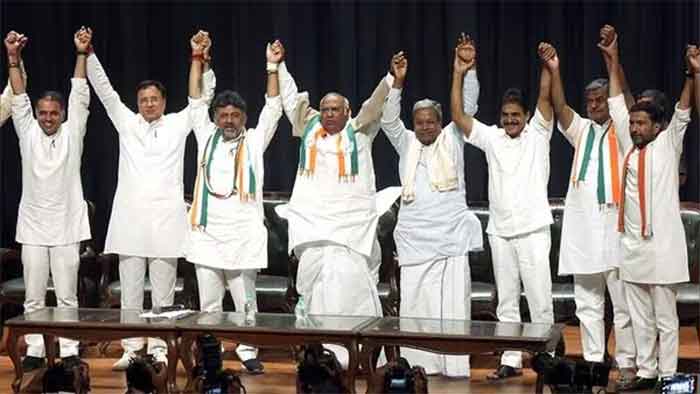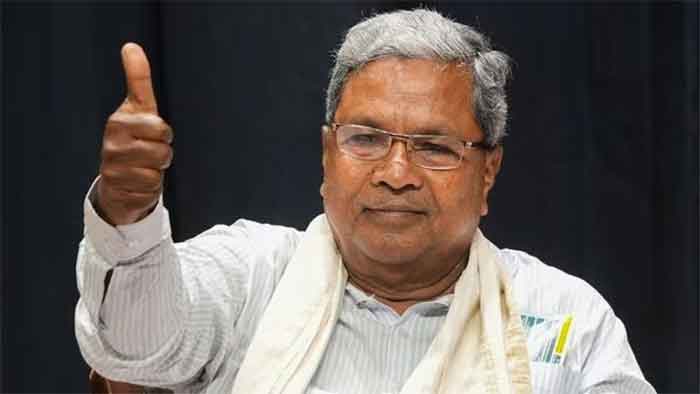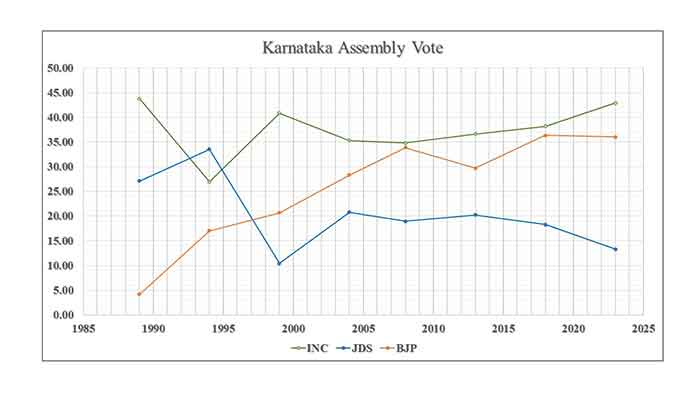
The recent elections in Karnataka have come as a sigh of relief to those who wish to retain the secular character of the republic. Karnataka was seen as a pathway to make entry into Southern part of India. It was seen as a Hindutva lab where communal experiments could be carried out and extended to other states. The BJP regime in Karnataka was marred by controversies such as Love Jihad, Hijab, Halal, Jhatka, Tipu Sultan, Uri Gowda – Nanje Gowda, Kerala story, Bajrang bali etc., No opportunity was unturned to polarise and create Hindu Muslim divide. The period also saw the passing of Karnataka Protection of Right to Freedom of Religion Act 2022 which in the name of freedom restricted freedom for change of religion. There was an imposition of bans on hijab in classrooms, stopping Muslim traders to set up stalls in annual Hindu festivals, economic boycott of Muslims in parts of the state. Thanks to its ideology of imposition, it could hardly see its actions in hurting Kannadiga sub-nationalism as seen in Nandini (KMF) vs. Amul issue. JP Nadda’s ‘PM Modi’s blessings’ also did not go well with the voters. Amit Shah’s statement that in case of opposition coming to power it would be ‘afflicted by riots’ indicated a threatening tone.
Adding to politics of hate was also poor governance and an anti-poor, anti-farmer, anti-worker record. Bahutva Karnataka had released a series of report cards on the performance of the government. The regime had come to acquire the tag of 40% sarkar. Contractor Association of Karnataka had come out openly and declared that they were made to pay 40% commission for contracts. An anti-poor governance also meant it closed Indira canteens denied low-cost lunch to poor, denied free repeat cylinders to women, curtailed labor rights through labor codes, increased working hours, denied farmer minimum support price (MSP) and denied farmers getting land under forest rights, slashed pensions affecting senior citizens, withdrew old age pension which was seen more beneficial. It did not have a policy to reduce suffering of women, improving nutrition levels of children. In the name of sathvik food, it denied nutrition rich food to children in Anganwadis and Schools. It had no grant to build schools, appoint teachers, develop toilets in schools, no money for infrastructure development in new universities, no money for children’s uniforms, bicycles, scholarships. Employment guarantee card was cut.
While BJP was pursuing its hate agenda, press reports from the assembly constituencies indicated that voters had expectations which were related to development of infrastructure, access and entitlement to services related to drinking water, sanitation, health, and education, livelihoods & employment, and environmental protection. Given the expectations of the people for a hate-free and pro-development environment, there was a need for citizens campaign.
‘Eddelu Karnataka’ ‘Wake up campaign’ emerged as a result of coming together of citizens concerned with the scenario in Karnataka. It happened at the backdrop of Bharat Jodo Yatra which was witnessed earlier. ‘Eddelu Karnataka’ campaign included intellectuals, lawyers, professors, journalists, doctors and people from different spheres of life. It included eminent citizens of Karnataka which included Devanur Mahadeva, GN Devy, Tara Rao, Rahamat Tarikere, Purushottam Bilimale, AR Vasavi and Vijayamma. It undertook different actions such as: –
· Analysis of past electoral trends and identification of 103 critical constituencies and booths where booth level work needs to be carried out.
· Build a network of grassroots mass organizations under Éddelu Karnataka’ supported by 112 organizations which were working for cause of workers, dalits, muslims, women, students etc.
· Communicating and educating voters through alternative media e-dina portal, e-dina youtube channel, facebook community and whaatsapp groups.
· Develop teams, train them and deploy them in booths to work with a range of people in rural and urban constituencies.
· Enroll new voters to ensure that a voter force voting against the regime is built.
· Face to face interactions with political leaders (non-BJP) and convincing them to drop from contesting where it is believed that it could lead to split of anti-BJP votes.
· Gatherings of influencers of various communities and occupational groups in targeted constituencies and convincing them to not vote for BJP.
· House to house visits just before the polling day to see that there is a higher voter turnout.
· Information, education and building critical consciousness of the voters on the threat posed by the regime and the need to vote them out.
· Joining hands with booth level teams of the candidates and in supporting them during the final weeks of elections.
Different activities were taken up by Eddelu Karnataka, which included registering volunteers, organizing workshops, releasing posters, developing albums, distributing literature, recruiting new voters, conducting press meets, conducting press conferences, organizing dharnas etc. About 5,000 volunteers, 112 organizations worked in 31 districts. The pre-poll survey conducted by eedina arrived at predictions closer to the final seat distribution.
The results indicates that people are in lookout for clean governance with corruption free administration, harmony which builds bonds between communities, accommodative politics which has poor and marginalized at its center, nationalism which has constitutional values as supreme, governance which is concerned with genuine issues of the people like employment health education, equality which does not discriminate people based on religion.
The Karnataka electoral verdict prove the point that people by nature are not communal and given a choice they would choose a secular alternative. Focus on development and local issues and not getting into the narrative set by BJP can work. It breaks the myth of an invincible leader Modi who by magic can change the electoral fortunes. The election results showed that in the constituencies traveled by him, the success rate of BJP was low. The voting patterns indicated by eedina and India today survey indicated that there was class dimension to voting with the poorer voters preferring to vote for principal opposition party.
Eddelu Karnataka can be considered a successful grassroots experiment to bring political change through educating and building critical consciousness of the voters. There is a need for similar experiments in other states of the country in a form adopted to local situation.
T Navin is an independent writer
















































